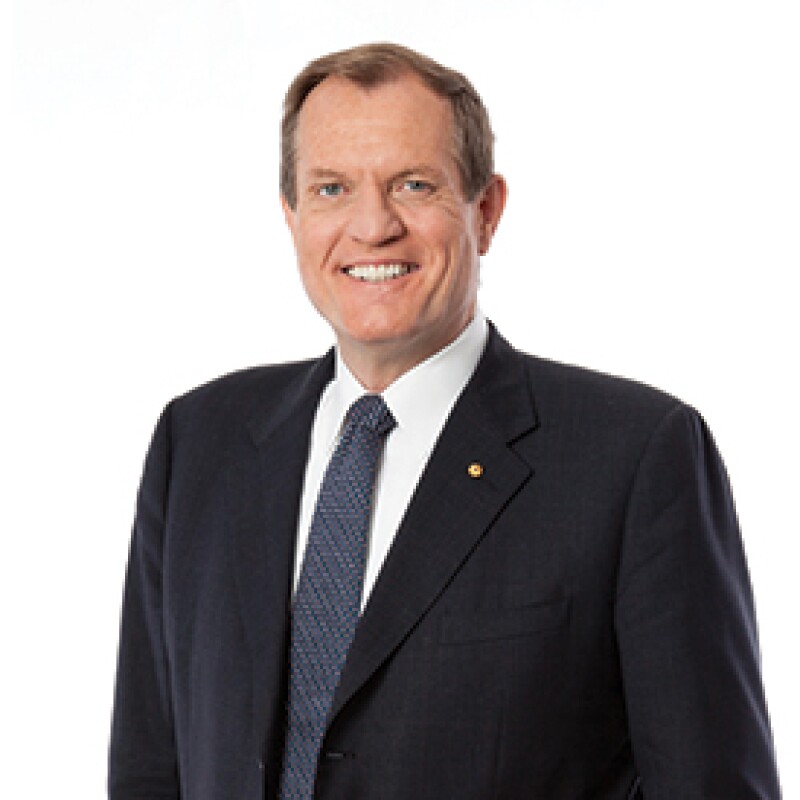
|
Chris Jordan was also in the Global Tax 50 2016, 2015, and 2014 |
Jordan does not take tax avoidance and tax evasion lightly, and introduced in February 2017 the headline-grabbing 'Google tax', which imposes a 40% penalty rate on large multinationals' diverted profits.
The tax, officially named the diverted profits tax (DPT), prompted multinationals with transactions and value chains involving entities in low-tax jurisdictions to ensure their tax affairs were in the clear. As well as the high penalty rate, the tax authority also requires the payment to be paid up front. Multinationals are only able to dispute the charge after payment. While Jordan has said the best approach to curb tax avoidance would be within the OECD's BEPS project, he also believes in unilateral measures such as the DPT.
"We are demonstrating our preparedness to take on taxpayers and their advisers who are not transparent, uncooperative or who engage in aggressive game-playing and egregious behaviour," Jordan said at a Tax Institute conference in March 2017.
The DPT is not the only trick Jordan has up his sleeve. During his time as commissioner, the Multinational Anti-Avoidance Law (MAAL) was introduced, numerous multinational companies have been audited, and Senate hearings have been held on MNE tax avoidance. In an official enquiry by the economics senate committee into corporate tax avoidance in August, representatives of companies including Apple, Facebook, Google, IBM and Microsoft were put in the hot seat and questioned about their tax affairs.
Jordan said the Australian Taxation Office’s (ATO) focus on the e-commerce sector had brought in more than A$1 billion ($761 million) from 10 audits, with one “high-profile taxpayer” forced to pay five times as much tax after the ATO turned up the heat on the sector.
Jordan has also probed the tax affairs of big mining companies such as BHP Billiton and Rio Tinto, while global oil and energy giant Chevron lost an A$300 million appeal in a landmark transfer pricing case against the ATO in April. Chevron planned to appeal, but withdrew and settled for an unknown amount in August – another victory for the commissioner.
Jordan said in August’s Senate inquiry that more than 1,000 reviews and audits of companies had been conducted since the ATO started cracking down on corporate tax avoidance in recent years, raising more than A$4 billion. He also said more than A$7 billion worth of sales made in Australia have also been taxed in Australia for the first time after the introduction of the MAAL.
“We have achieved results. In doing so we have not only cleaned up the past, and any back taxes owed, but critically we have locked in future arrangements to safeguard against the insipid roundabout of repeated chase and tidy-up scenarios with taxpayers,” he said. “The work of the avoidance taskforce is now focused on ensuring al remaining companies abide by the taxpayer alerts and the public guidance we have issued.”
Jordan has proven to be no ordinary commissioner, and with him in office until 2024, no tax dodger can feel safe.
The Global Tax 50 2017 |
|
|---|---|
The top 10 • Ranked in order of influence |
|
6. Arun Jaitley |
|
The remaining 40 • In alphabetic order |
|
| The Estonian presidency of the Council of the European Union |
|
| International Consortium of Investigative Journalists (ICIJ) |
|
| United Nations Committee of Experts on International Cooperation in Tax Matters |
|









